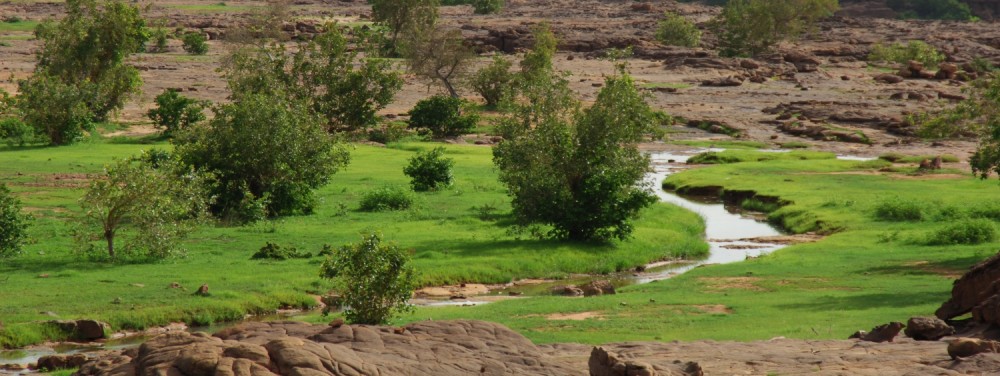An RAF C17 cargo plane is set to leave the UK on Sunday to help French efforts to contain rebels in Mali, Ministry of Defence sources say. (from bbc.co.uk)
The first of two planes will leave RAF Brize Norton in Oxfordshire later and load up with equipment in Paris before flying to Mali on Monday.
France has attacked militants in Mali to support the Malian government in recent days.
Downing Street said no UK troops would be deployed in a combat role.
The first plane is due to arrive at the French Evreux airbase, where it will be loaded with French armoured vehicles and other equipment before flying to Bamako. It will make just one trip.
A second C17 is due to arrive and will shuttle between Mali and France for the next few days.
The Minister for Africa, Mark Simmonds, indicated British personnel could play a role in training the Malian army through the European Union.
He said the UK was providing “only very limited strategic tactical support” in the form of the two C17 transport planes, in response to a French request.
“There are no plans to extend the UK’s military involvement at the moment,” Mr Simmonds told the BBC News Channel.
Justifying the government’s decision to help, he told Sky News there was a “thoroughly unpleasant regime” in the north of the country with “raping and sexual violence taking place” and children being forced into the military.
The move to transport foreign troops and equipment was agreed in a phone call between Prime Minister David Cameron and French President Francois Hollande on Saturday night, Downing Street said.
“The prime minister spoke to President Hollande… to discuss the deteriorating situation… and how the UK can support French military assistance provided to the Malian government to contain rebel and extremist groups in the north of the country,” a spokeswoman said.
